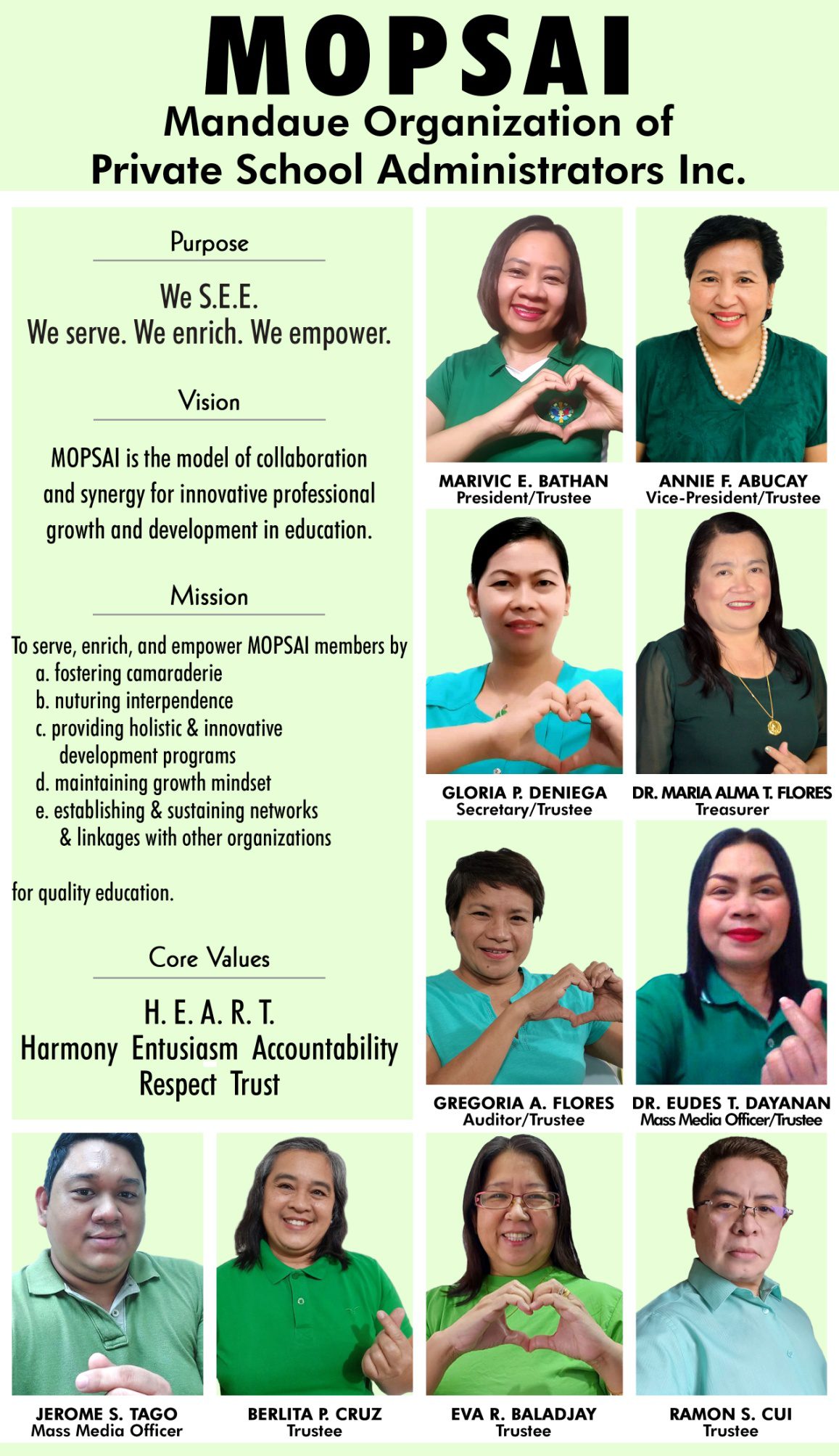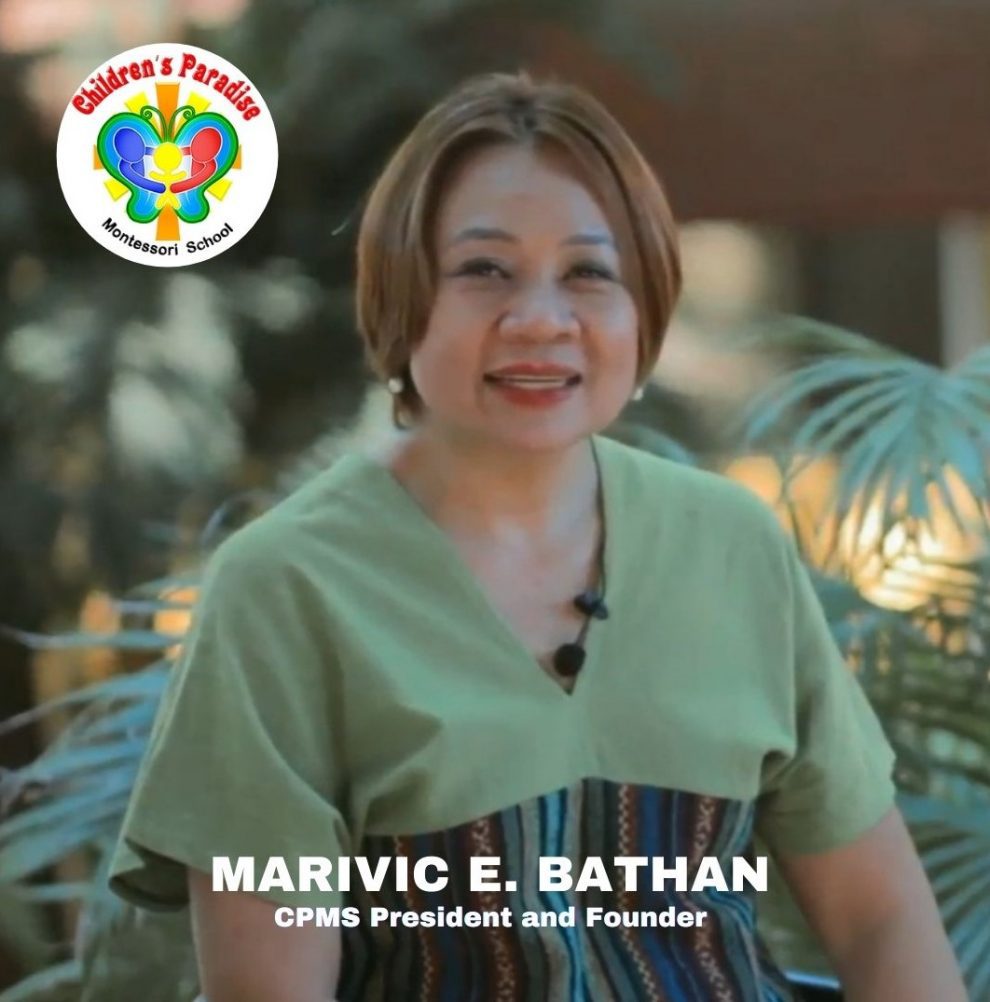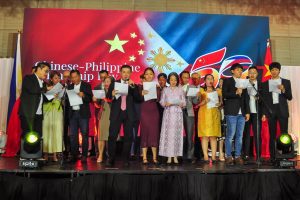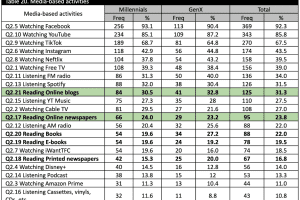Amid the adverse impact brought about by the pandemic to the country’s education system, learning institutes need to come together to address their common concerns as the government is still apprehensive to resume physical classes while some parents, educators, psychologists, and pediatricians are concerned about the holistic and healthy development of children given the limited mobility and physical peer/social interactions while screen time is not effectively regulated.
Furthermore, the government and the whole country must be so alarmed by the recent World Bank report stating that over 80 percent of Filipino students fall below the minimum proficiency levels (based on the three assessments the Philippines participated in — the Program for International Student (Pisa) in 2018, the Trends in International Mathematics and Science Study (TIMSS) in 2019, and the first cycle of the Southeast Asia Primary Learning Metrics (SEA-PLM) in 2019).
There is a need to get our acts together! NOW!
The vision of Mandaue Organization of Private Schools Administrators Inc. (MOPSAI) is that it would become a model of collaboration and synergy so it could foster professional growth and development in education, says Ms. Marivic Bathan, newly reelected president.
Bathan, who is the president of the Children’s Paradise Montessori School, says the organization members share common concerns.
Through MOPSAI, private schools in Mandaue City have a unified voice, more specially when there are many changes in government regulations because of the pandemic.
Because of the crisis, private school owners and administrators came to the realization that they need to co-exist and complement each other, she pointed out. “That’s why we need the organization,” Bathan added.
Collaboration is key
The COVID-19 pandemic has resulted in a learning crisis affecting all countries globally, according to the World Bank.
“At the peak of school closures in April 2020, 94 percent of students – or 1.6 billion children – were out of school worldwide,” the World Bank pointed out.
“And, still, around 700 million students today are studying from home, in a context of huge uncertainty and with families and schools having to navigate across options of hybrid and remote learning, or no schooling at all,” it added.
Just like those in other countries, private schools also have to face declining number of enrollment even as they have to cope with holding classes online.
With the possible resumption of physical classes, both private and public schools have to implement measures to comply with the health protocols. These are among the concerns, administrators are facing.
The organization has also come up with several key strategies that will benefit its members. These include fostering camaraderie; nurturing independence, coming up with innovative development program and encouraging growth mindset.
“Because school administrators share common concerns, we are like a family. We draw strength from each other especially at this time. We also share best practice with each other and somehow find a mentor among ourselves,” she pointed out.
This cooperation and sharing among members show that MOPSAI has a value proposition to its members.
“Collaboration will help us survive and thrive,” Bathan stressed.
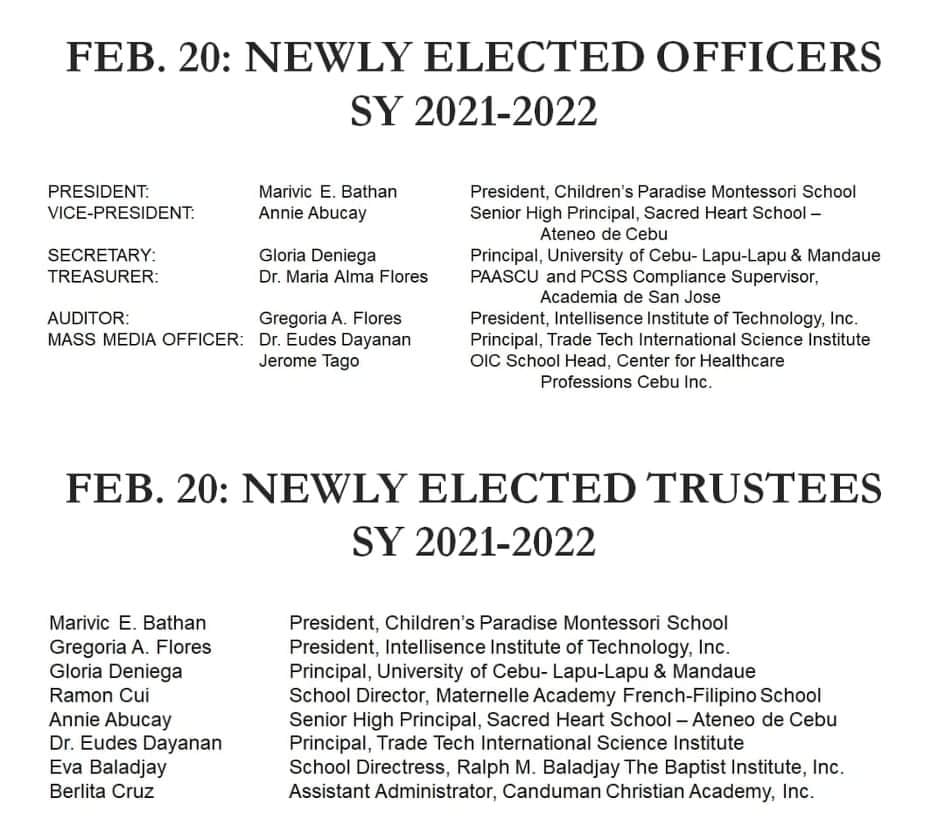
Partnerships
MOPSAI had also been working with partners such as the Ramon Aboitiz Foundation Inc. (RAFI)-Center for Leaders to help build stronger bond among the members, develop the organization’s resilience, facilitate in drafting the MOPSAI’s strategic directions, and provide webinars which prepare school administrators for the resumption of physical classes.
The organization, together with RAFI Center for Leaders, had conducted several webinars.
One of these held on November 2020 entitled PLANdemic: School Reentry and New Normal Operations Amidst COVID-19 aims to guide MOPSAI members on how to reopen safely.
The discussion focused on the Return to School Roadmap. The roadmap provides a checklist to determine the readiness of schools for the resumption of physical classes. The checklist includes governance, wellness, instruction, facilities, school operations, technology, and linkages and partnership.
MOPSAI and RAFI also held the Resilient Teams virtual learning session just held on February 10 and 24. During the learning sessions, the participants experienced team level challenges. Each team identified their collective strengths and areas of challenge so they could come up with strategies to address these.
After the learning sessions, MOPSAI came up with recommendations that each school can adopt in meeting the challenges brought about by the pandemic, Ms. Bathan said.
MOPSAI will continue its partnership with RAFI and other partner-organizations in implementing innovative development programs for the members.
Learner Information System
The organization has also become an avenue for dialog and conversation between private schools and DepEd, she added.
According to Ms. Bathan, the private schools need DepEd to guide and help them as they prepare for the new normal. “DepEd Mandaue is willing to help, not just for monitoring. They help so that private schools can comply.”
She added that DepEd will be requiring private schools to register their students in the DepEd Learner Information System. Under this system, learners will be given a unique and permanent learner reference number (LRN).
“Now, more than ever, the schools need to come together to be able to address the concerns that will arise once the government approves holding of physical classes, Ms. Bathan pointed out.
Aside from preparing for the resumption of physical classes, MOPSAI also urges members to study their curriculum to determine if it should be changed.
“One great challenge we should not be denying is that the world and society has changed. Somehow education has to be transformed to continue to be relevant,” Ms Bathan said.
She added that private schools have to revisit their curriculum to determine if this still meet the needs of their students. “Are we preparing the children for their future,” Bathan said.
The new set of officers have committed to help MOPSAI members attain their aspirations for their institutions.
For the school year 2021-2022, MOPSAI officers include Ms. Bathan as President with Annie Abucay, senior high school principal, Sacred Heart School-Ateneo de Cebu and Gloria Deniega, principal of the University of Cebu, Lapu-Lapu and Mandaue, as vice president and secretary, respectively.
The other officers are Dr. Maria Alma Flores, Academia de San Jose PAASCU and PCSS compliance supervisor as Treasurer; Gregoria Flores, president of Intellisense Institute of Technology as Auditor; and Dr. Eudes Dayanan, Principal Trade Tech International Science Institute, and Jerome Tago, OIC School Head of the Center for Health Care Professions Cebu Inc. as Mass Media Officers.
